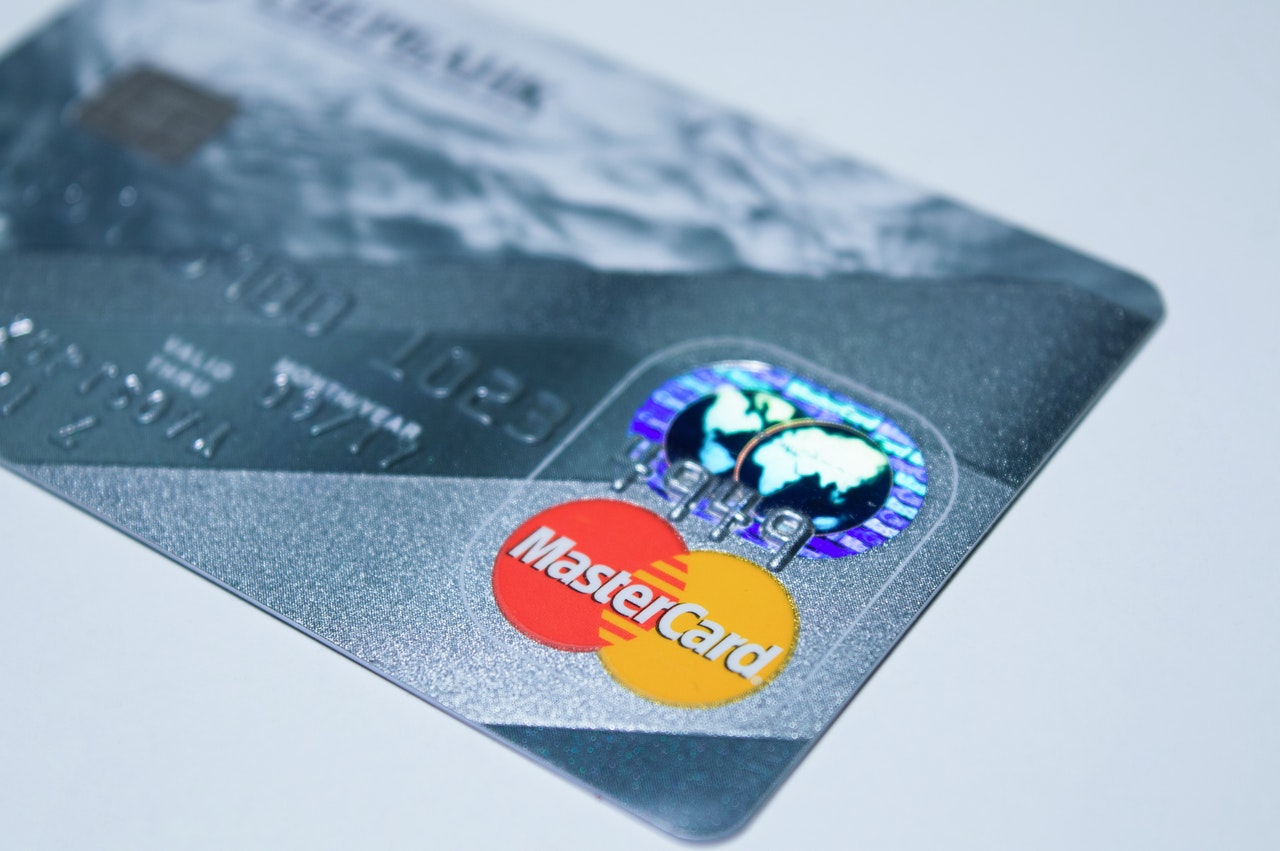How To Use A Secured Credit Card To Repair Your Credit
One way to repair your credit is to obtain a secured credit card. You may wonder how this is possible with bad credit when you will most likely be declined when filling out a credit card application. However, without a credit card, you will have a hard time proving to creditors your responsibility in making payments on time.
If you have ever had credit cards, paid a bill monthly, or obtained a loan, you have a credit rating. When you make payments to a creditor, they report these payments to credit reporting agencies that compile your credit report and track your credit history. If you miss a payment, or even worse, your debt gets sent to a collection agent, this affects your credit rating negatively and may prevent you from obtaining more lines of credit when you need them in the future.
As soon as you realize you are in this situation, it is crucial that you immediately begin to make an effort to repair your credit rating. To most people, this seems like a difficult thing to do, but doing nothing to repair your credit will only prolong the damage for up to seven years. Until your credit is better, you will find that you are barred from any type of loan or even activities that require credit, such as renting a car.
Try a secured credit card. Secure credit cards are marketed especially toward individuals with poor credit. These credit cards work when the customer applies a deposit equal to their credit limit. For example, if you make a deposit of $100, your credit limit will be $100. The credit card company then uses your deposit toward any balance on the credit card resulting from late payments.
This type of credit card is risk-free for the company that issues it because they can always deduct the balance from your deposit, so it makes sense to issue these cards to people with poor credit. One drawback to secured credit cards, however, is the annual fee that most regular credit cards don’t charge.
After you have obtained one of these secured credit cards, use it sparingly but regularly, and make sure you mail all of your payments on time. This will enable you to slowly, but surely, repair your credit. You will demonstrate to your creditors that you are trustworthy, responsible, and pay your bills on time.
Taking steps towards repairing your credit will eliminate the risk of keeping your credit rating “poor” for up to seven years. However, after seven years the black marks on your credit will finally be taken off, so waiting is always an option. If waiting



